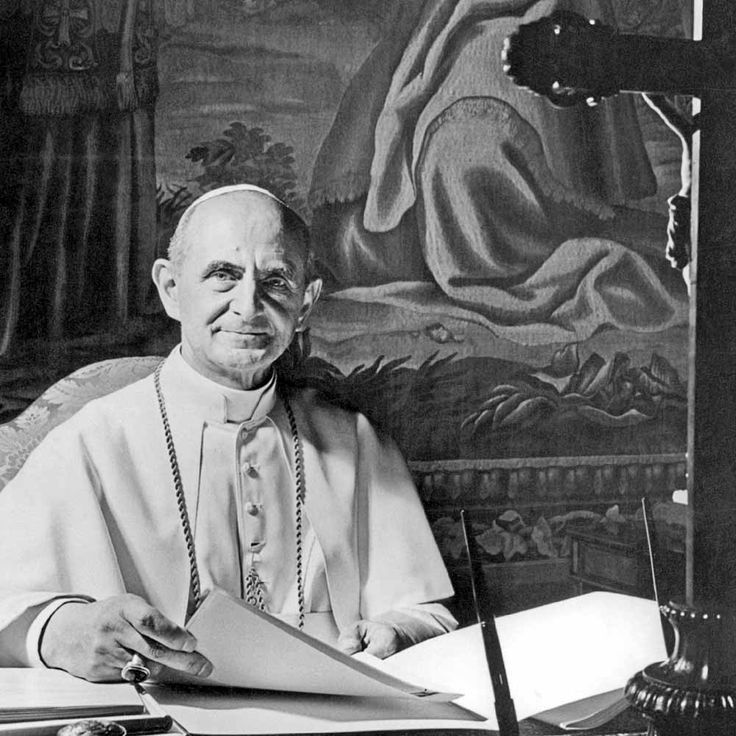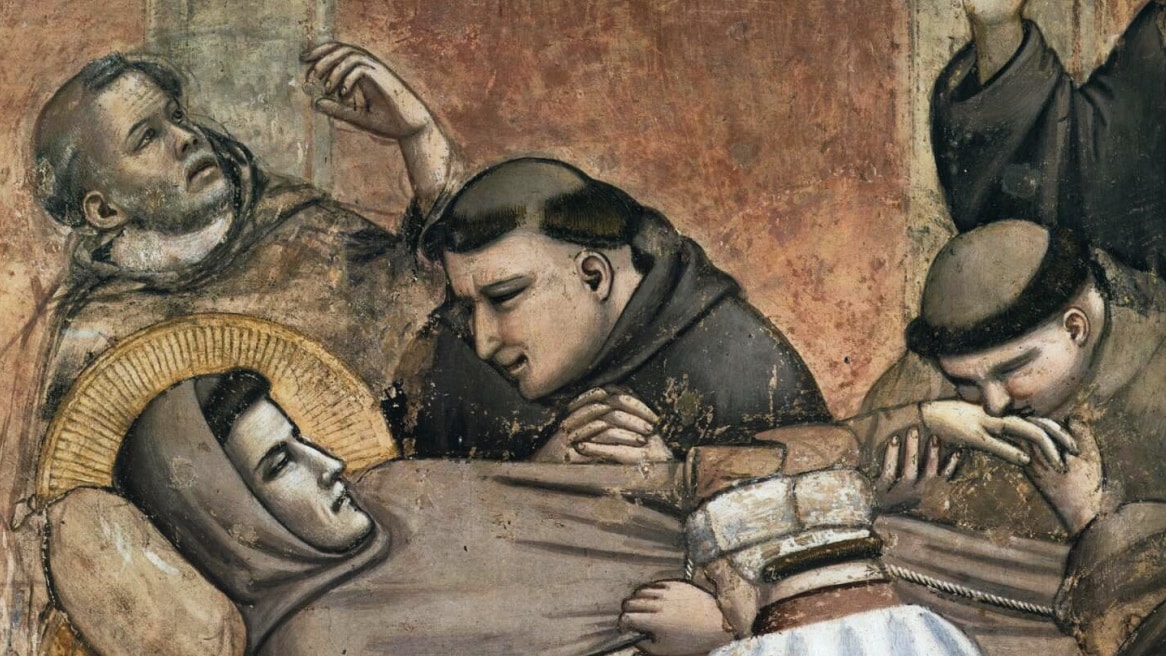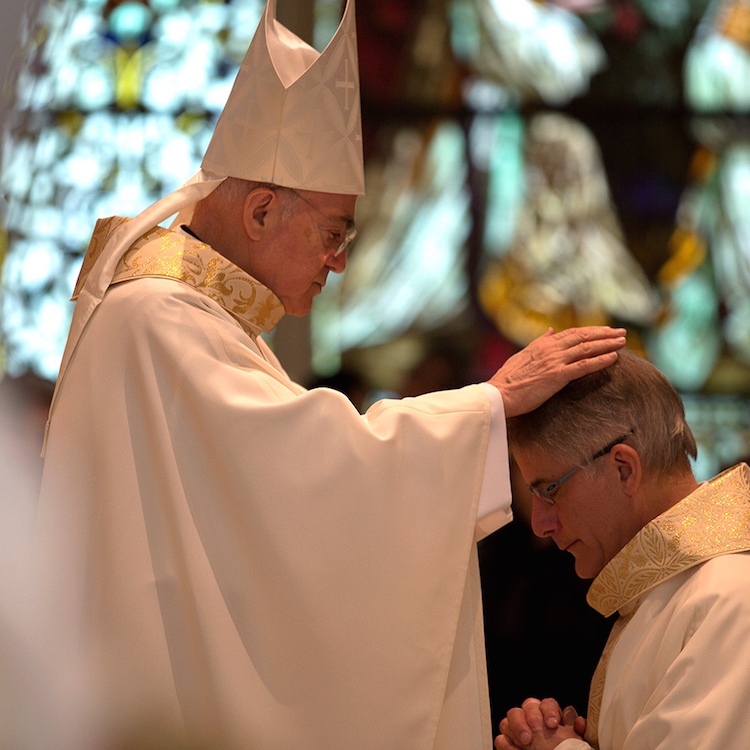In 1976, Pope Paul VI directed the Sacred Congregation for the Doctrine of the Faith (CDF) to set forth and expound the teaching of the Church on the matter that ordination be reserved to males. This was accomplished through the declaration Inter Insigniores. Some eighteen years later, Pope John Paul II published an Apostolic Letter entitled Ordinatio Sacerdotalis.
The CDF document noted three primary reasons for this teaching: first, the attitude and example of Jesus; second, the practice of the apostles; and third, the constant Tradition of the Church. On the basis of these, the document states that the Church, in fidelity to the example of the Lord, does not consider herself authorized to admit women to priestly ordination.
Of the three reasons, perhaps the most important is the attitude and example of Jesus. Some continue to claim that Jesus, a first-century Jewish man, acted in a manner conditioned by the times in which He lived. Thus, the argument goes that He could not have chosen women to be among the Twelve Apostles because the culture would not have tolerated such a radical break from the norm of his day. Such a position reveals an utter ignorance of Jesus’ words and actions given us in the Gospels. Some examples of Jesus’ departure from the prevailing cultural norm include:
His interaction with the Samaritan woman at the well. (John 4: 1-42)
His encounter with a ritually impure woman. (Matthew 9: 18-26)
His welcome and affection for the prostitute in the house of Simon the Pharisee. (Luke 7: 36-50)
His pardon, love, and forgiveness for the woman caught in the act of adultery. (John 8: 2-11)
That Jesus welcomed among His followers many women, including: Magdalen, Martha and Mary, and Salome.
Further, for the first witness of His resurrection, Jesus chose a woman (one from whom seven demons had been driven out!).
What can be said of the Apostles? Were they also conditioned by the patriarchal and often misogynist culture in which they lived? Several serious challenges may be made to that charge:
The Apostles were entrusted with the task of proclaiming the Good News to Jews, a people who had ingrained in them an understanding of God as totally other and transcendent. Now, however, they were told that God had become flesh in the person of Jesus of Nazareth.
The Apostles were entrusted with the task of proclaiming to Gentiles; that is, to a people who would be open to the idea of a God who had become a man, died, and then rose from the dead. Such an idea would have been preposterous to the Gentiles.
To both Jew and Greek alike, the Apostles were entrusted with the task of proclaiming the doctrine of the Eucharist as a real participation in the Body and Blood of Jesus, a teaching not readily accepted in the sixth chapter of John’s Gospel. To this day, this teaching continues to pose substantial difficulties for many non-Catholic Christians.
Hence, if the Apostles could get the Jews and Greeks to accept these incredible teachings, it should at least be recognized that they could have gotten them to accept women priests, too. Following this path, the great theologian, Rev. Louis Bouyer, in Woman in the Church, wrote: “In point of fact from the earliest civilizations of the Fertile Crescent, through the Greece and Rome of the early Christian era, the ancients had always been accustomed to female priests who were not in the least in an inferior position to male priests.”
As such, given the attitude and example of Jesus and the practice of the Apostles, what can be said regarding the constant Tradition of the Church?
At the conclusion of his Apostolic Letter (n. 4), now Saint John Paul II gave exclamation and provided Catholics then nearing the twenty-first century a clear restatement of this long-held teaching:
Although the teaching that priestly ordination is to be reserved to men alone has been preserved by the constant and universal tradition of the Church and firmly taught by the Magisterium in its more recent documents, at the present time [1994] in some places it is nonetheless considered still open to debate, or the Church’s judgment that women are not to be admitted to ordination is considered to have a merely disciplinary force. Wherefore, in order that all doubt may be removed regarding a matter of great importance, a matter which pertains to the Church’s divine constitution itself, in virtue of my ministry of confirming the brethren (cf. Lk 22:32) I declare that the Church has no authority whatsoever to confer priestly ordination on women, and that this judgment is to be definitively held by all the Church’s faithful.







